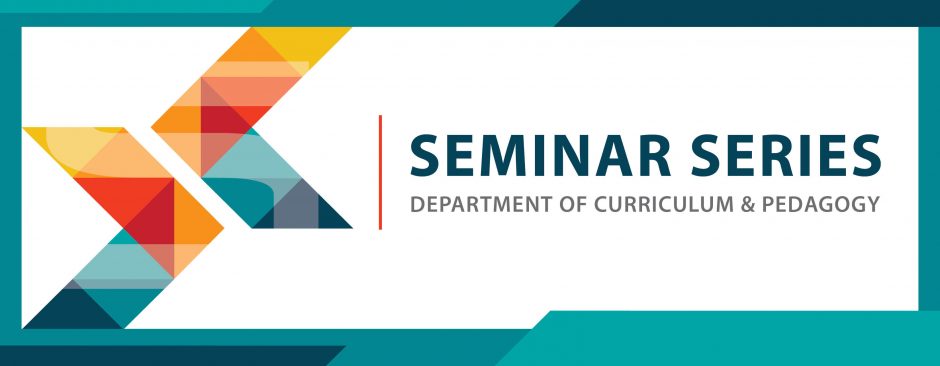
Dr. Tamer Amin | Associate Professor, American University of Beirut
Friday, June 20, 2025 | 10:00 – 11:30 a.m. (PST) | Via Zoom
* for Zoom details, please email edcp.educ@ubc.ca
View the Seminar Poster
Host | Dr. Samia Khan
Abstract:
The perspective of embodied cognition has inspired new ways of thinking about how we learn scientific concepts and what that means for teaching. But is it enough? In this talk, I argue that the embodied cognition perspective complements but cannot replace other perspectives. I articulate a broader theory of science concept learning, the Unified Theory of Conceptual Change (UTCC), and situate the contributions of embodied cognition within it. This novel unified theory, proposed in my forthcoming book, Learning Scientific Concepts (Routledge), distinguishes multiple levels of analysis and offers a comprehensive modeling tool kit for understanding science concept learning. I claim that this broader perspective has important practical implications for instruction and curriculum design.

Short Bio:
Dr. Tamer Amin is Associate Professor of the learning sciences at the Department of Education, American University of Beirut, Lebanon. His research has focused on the development of scientific understanding and reasoning, with a particular interest in the role of metaphor in scientific thinking and learning. He is co-editor (with Olivia Levrini) of Converging Perspectives on Conceptual Change (Routledge, 2018) and author of Learning Scientific Concepts: A Unified Theory of Conceptual Change (Routledge, forthcoming). Dr. Amin has also served as the Chair of the Department of Education, and he has been an invited speaker at multiple conferences, such as ePISTEME and the Gordon Conferences. Dr. Amin was also invited to the plenary panel for Embodied Cognition presented at the 2019 European Science Education Research Association conference.
* The Faculty of Education and UBC seek to foster an environment in which respect, civility, diversity, opportunity and inclusion are valued.